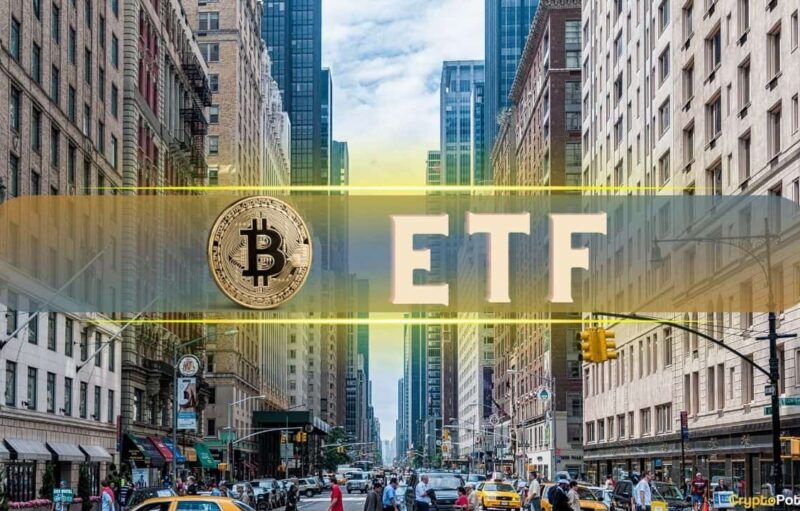
In this roundup, we cover Russia’s supreme court recognizing tokens as assets like money and property, France’s new crypto regulatory framework, and several industry developments in China, including a blockchain ETF filing. We also cover Japan’s world conference for decentralized financial governance, Uzbekistan’s crypto ban, and four countries’ central bank digital currency updates.
Also read: Regulatory Roundup – New US Crypto Bill, France’s 1st Approved ICO, Muslim Crypto
China’s Blockchain ETF and Crypto Warnings
The China Securities Regulatory Commission revealed on Dec. 24 that it had received an application for a blockchain exchange-traded fund (ETF) from Shenzhen-based asset manager Penghua Fund. According to Chinese media, if successfully launched, this fund will be China’s first blockchain ETF. It will track the performance of the blockchain index recently launched by the Shenzhen Stock Exchange, one of the two key stock exchanges in mainland China. The index comprises stocks of the largest 50 companies listed on the exchange with blockchain ventures, ranked by market capitalization.
On the same day, Reuters reported that China will expand the scope of its blockchain cross-border financing pilot platform. The government will also “push forward a prospective study on foreign exchange reforms to deal with cryptocurrency and explore the construction of the foreign exchange regulation and technology system under the new situation,” explained Lu Lei, deputy head of the State Administration of Foreign Exchange.
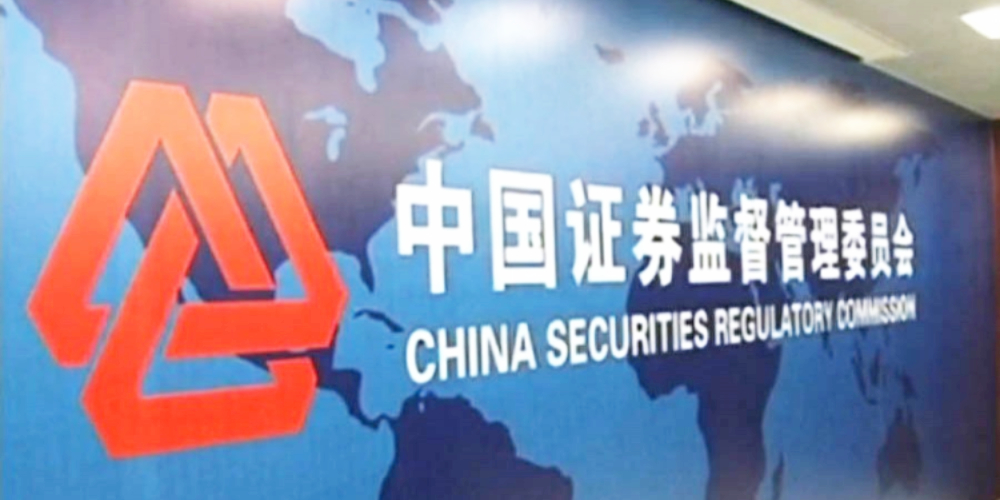
While blockchain friendly after President Xi Jinping openly advocated for the technology, the authorities in China continue to scrutinize crypto businesses. On Dec. 27, four regulators in Beijing jointly issued a warning regarding cryptocurrency trading and related activities in their jurisdictions. It reiterates the September 2017 announcement made by seven Chinese ministries, including the People’s Bank of China (PBOC), which led to the closing of crypto and initial coin offering (ICO) trading platforms in the country. Recently, the PBOC’s Shanghai Head Office also issued a similar notice reminding people that the seven ministries’ order is still effective.
The crypto mining industry is also under scrutiny by Chinese regulators. In Sichuan, the authorities went after crypto miners to save electricity in the dry season. In the city of Tangshan, Hebei province, the police recently seized 6,890 bitcoin mining rigs and arrested a group of scammers.
Russian Supreme Court Recognizes Tokens as Assets Like Money or Property
The Russian supreme court has clarified that “digital rights,” the term currently used to describe cryptocurrencies and tokens in Russian law, can be a subject of bribes similar to fiat money, property, and other assets. While Russia currently does not have a regulatory framework for cryptocurrencies, various institutions in the country, including the courts, have previously characterized them as “money surrogates” which are banned by Russian law.
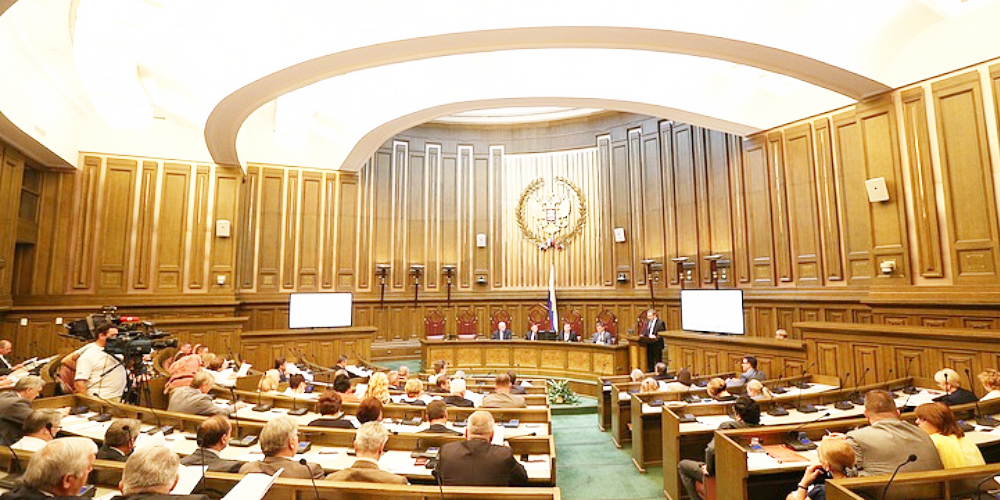
Meanwhile, Russia’s central bank has reportedly begun testing stablecoins in its regulatory sandbox. Bank of Russia Governor Elvira Nabiullina explained to local publication Interfax on Dec. 25 that the bank looks at companies wanting to issue tokens secured by some real assets, “but we do not assume that they will function as a means of payment and become money surrogate,” she emphasized.
Regarding central bank digital currencies (CBDCs) which many countries are discussing, “we are also at the stage of studying this topic,” the governor revealed. However, she noted that “First of all, we need to understand what will be the advantages for our citizens, for businesses,” compared to other options.
France Publishes New Crypto Rules
France’s financial markets regulator, the Autorité des Marchés Financiers (AMF), published its new rules for digital asset service providers (DASPs) on Dec. 20. They define the types of services that are considered DASPs under the new regulatory framework adopted in April and clarify which specific rules apply to crypto or ICO services. The regulator detailed that registration is mandatory for two types of crypto activities, elaborating:
If you provide services of digital asset custody and/or buying or selling digital assets for legal tender in France, you must register with the AMF.
Registrants must be established in France. They will be checked for compliance with the regulations on anti-money laundering and combating the financing of terrorism (AML/CFT). The AMF also recently approved the first public ICO in France.
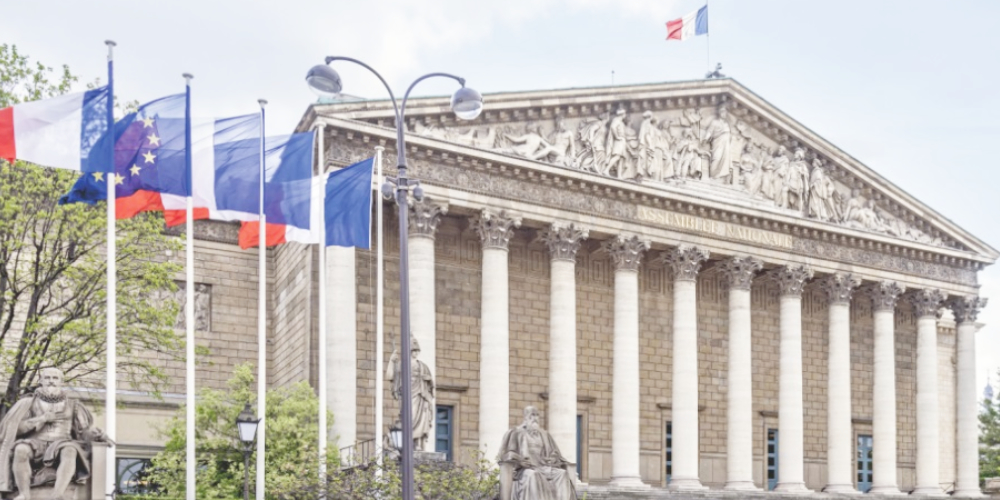
Japan Hosting World DeFi Conference
Japan’s top financial regulator, the Financial Services Agency (FSA), announced on Dec. 23 that it is organizing the Blockchain Global Governance Conference in collaboration with Nikkei Inc. The event is in response to the consensus reached by the international regulatory community “on the importance of engaging with various stakeholders in the decentralized financial ecosystem to ensure public policy objectives,” as stated in the G20 Osaka Leaders’ Declaration under Japan’s presidency in June, the agency detailed.
The conference welcomes stakeholders from all around the world, including “those who are active in open-source software communities, such as Bitcoin, Ethereum, and Hyperledger.” University researchers, relevant organizations, businesses in the space, civil society and financial regulators are also invited. According to the FSA, the event aims to “discuss the better governance for decentralized financial ecosystem.”

Uzbekistan’s Crypto Ban
Uzbekistan has banned crypto buying. The country’s National Agency for Project Management has recently adopted amendments to the regulatory regime that place significant restrictions on local private individuals using cryptocurrency. The agency issued an order on Dec. 6 stating that Uzbekistan citizens will only be allowed to sell crypto assets on registered exchanges. Using decentralized cryptocurrencies as a means of payment is now also prohibited in the country.
Furthermore, any transactions involving coins acquired through anonymous means are banned. However, the regulator has not clarified how it plans to determine whether someone’s digital money has been involved in such transfers. Further, crypto trading platforms should only serve verified users of 18 years or older whose names are not on the government’s list of those suspected of money laundering and terrorist financing.

CBDCs in Korea, Japan, and the Bahamas
Besides Russia, three more countries made some announcements regarding their CBDC progress last week. The Central Bank of the Bahamas started a pilot program of a digital version of the Bahamian dollar on Dec. 27 in Exuma, which will be extended to Abaco in the first half of 2020. The bank described:
As the pilot progresses in Exuma, the central bank will simultaneously promote the development of new regulations for the digital currency, and strengthen consumer protection, especially around data protection standards.
The central bank added that it “will also advance reforms to permit direct participation of non-banks in the domestic payments system. Early passage of the new Central Bank of the Bahamas Bill will support the creation of some regulations, while additional reforms will be possible under the existing Payment Systems Act.”
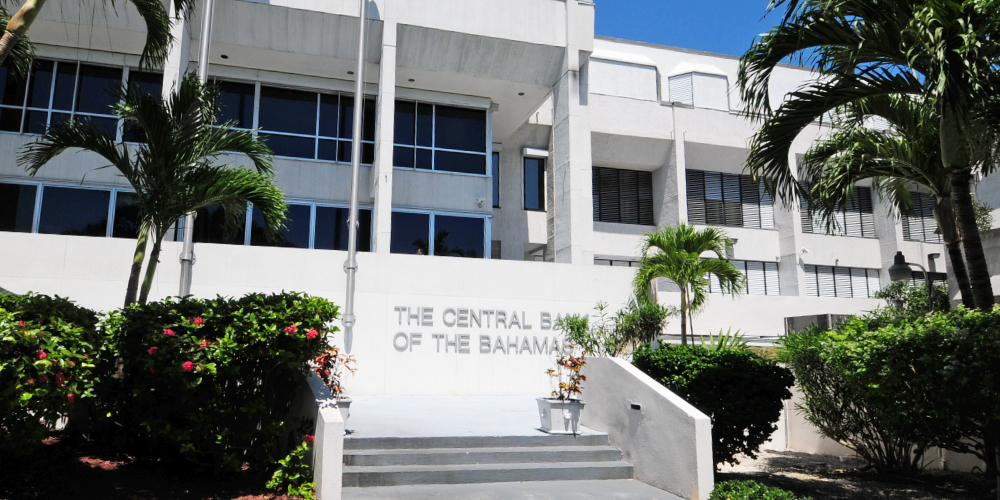
Another country that has been studying the benefits of issuing a CBDC is South Korea. While repeatedly declaring that it is not currently considering issuing one, the Bank of Korea (BOK) is reportedly organizing a task force dedicated to CBDC research, local media reported on Friday. In its “Monetary Policy for 2020” report, the BOK revealed that it will continue to build on research into innovations, including distributed ledger technology, crypto assets, and CBDC. “We will actively engage in discussions with the Bank for International Settlements (BIS) and other international organizations, keeping an eye on CBDC development at other central banks,” the BOK wrote. The central bank also said it will recruit additional CBDC experts and proceeded to post a job opening for digital currency experts on Dec. 10.
Similarly, Japan is another Asian country actively researching the impact of a CBDC on the current system without committing to issuing one. The Bank of Japan (BOJ) published a summary report on Dec. 24 outlining the legal implications of a CBDC in the country. The report highlights a wide range of issues which need be addressed, including whether a CBDC can be regarded as legal tender, ways to combat its counterfeit or duplication, whether its issuance is consistent with the Bank of Japan Act, and whether the central bank can restrict its use by certain individuals. Other issues concern AML/CFT regulations, protecting personal information, and the penalties for counterfeiting or duplicating CBDC under current criminal law. “By clarifying these potential legal issues spanning various legal fields, the report intends to stimulate further discussion regarding CBDC,” the BOJ concluded.
Catch up on other regulatory roundups you may have missed:
Dec. 23: New US Crypto Bill, France’s 1st Approved ICO, Muslim Crypto
Dec. 16: Crypto ‘Inevitable’ in India, China Rankings, NY Streamlines Policy
Dec. 9: Bitcoin Futures Fund Approved, India’s RBI-Backed Digital Currency
Dec. 2: Germany to Let Banks Sell and Store Crypto, Laws Changing in Asia
Nov. 25: China Rekindles Cleanup, US Widens Oversight, India Defers Decisions
What do you think of the regulatory developments covered in this roundup? Let us know in the comments section below.
Disclaimer: This article is for informational purposes only. It is not an offer or solicitation of an offer to buy or sell, or a recommendation, endorsement, or sponsorship of any products, services, or companies. Bitcoin.com does not provide investment, tax, legal, or accounting advice. Neither the company nor the author is responsible, directly or indirectly, for any damage or loss caused or alleged to be caused by or in connection with the use of or reliance on any content, goods or services mentioned in this article.
Images courtesy of Shutterstock.
Did you know you can buy and sell BCH privately using our noncustodial, peer-to-peer Local Bitcoin Cash trading platform? The local.Bitcoin.com marketplace has thousands of participants from all around the world trading BCH right now. And if you need a bitcoin wallet to securely store your coins, you can download one from us here.
Please enable JavaScript to view the comments powered by Disqus.
The post appeared first on Bitcoin News




